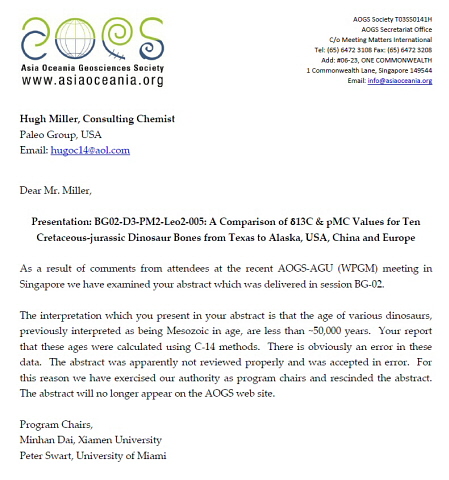Good examples.
We describe and test the impacts of gravity. We describe and test the impacts of electrons. We describe and test the chemical makeup of the the center of the earth, and its temperature.
We don't observe electrons nor gravity nor the center of the earth themselves. And we haven't made hypotheses about these objects or features that are politicized and controversial... there's no need to concern ourselves with them. They are what they are.
Except when you find out the mantle has a lot more water in it than what you thought. Still not controversial.
But suppose, just for a second, that I, a leading prominent government scientist, all of a sudden hypothesized, "The mantle is going to collapse in 2 decades because the earth's core is going to explode it's too old". I should be able to provide scientific data based on scientific method. I wouldn't be able to, however, and everyone would laugh me off, as they should.
So scientists today, now say manmade global warming is the bomb. They've produced reams of temperature data, "massaged" data (first problem) back to the 1930's, and made up data beyond that based on what they think (second problem) the temperature was then based of other hypotheses about plant growth, vegetation, etc. Then they have extrapolated those hypotheses to computer models, that have all failed in their first 15 years of predictions. It must be their massaged and made up data, so they go make some of their massaged data more consumable by the models. I'm supposed to take these people serious?
Same with looking into the past beyond the human race, when noone was here to observe. It's all extrapolation, estimation, and best guess. As I've said before, they always ask when you turn a sample in to be dated, how old you think it is and why. That's not science.
